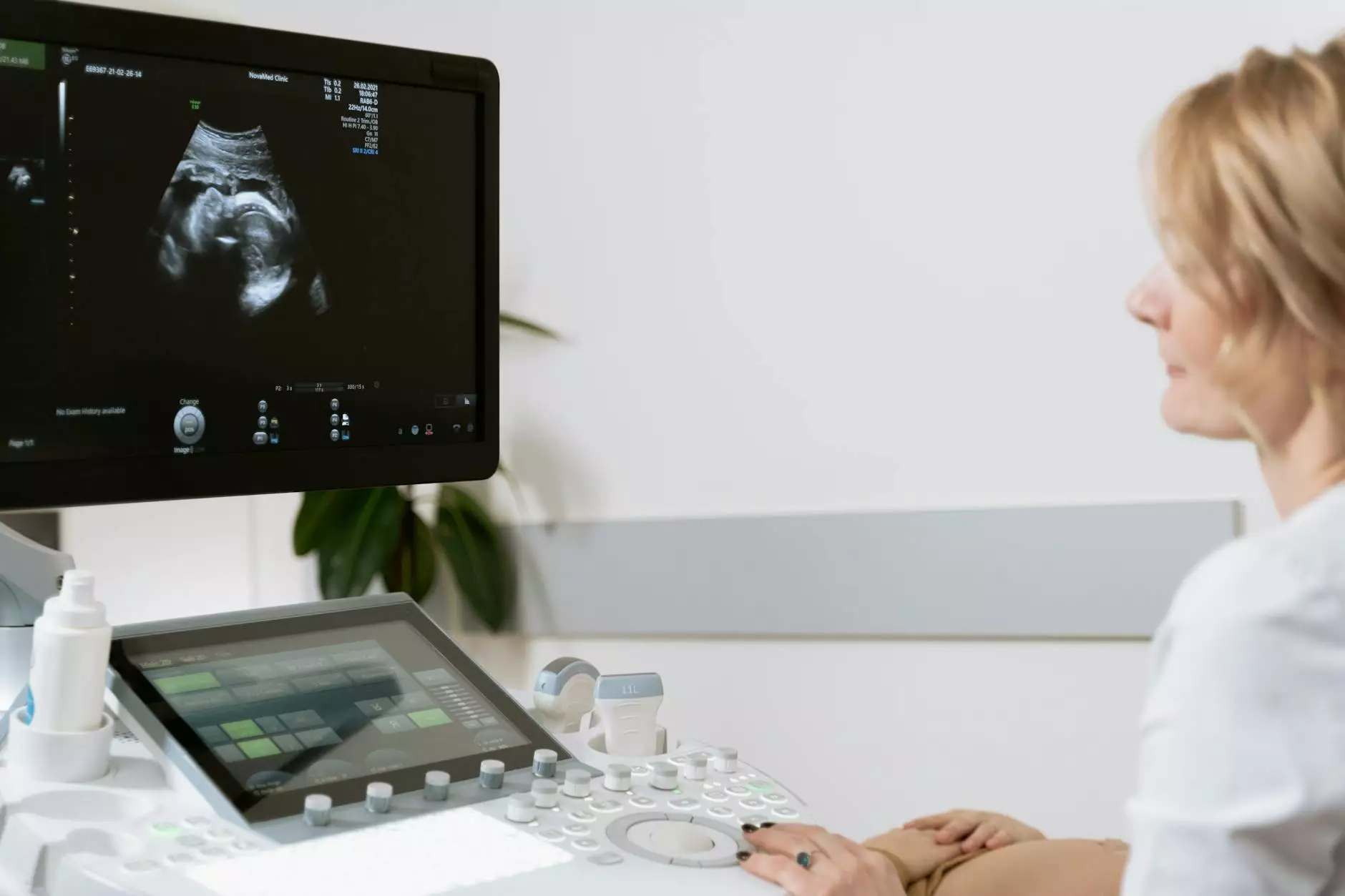Sleeve Gastrectomy Recovery: A Comprehensive Guide for Patients

Undergoing sleeve gastrectomy can be a transformative experience, offering individuals significant weight loss and improved health. However, the recovery phase is just as critical as the surgery itself. Understanding the recovery process can help you navigate this journey effectively and ensure a better outcome.
What is Sleeve Gastrectomy?
Sleeve gastrectomy is a bariatric surgical procedure that involves the removal of approximately 80% of the stomach. This procedure results in a smaller, sleeve-shaped stomach, which not only limits food intake but also affects hormonal changes in the body that regulate hunger and metabolism. Patients can expect substantial weight loss and an improvement in obesity-related health conditions such as diabetes, hypertension, and sleep apnea.
Why Recovery Matters
The recovery process is essential for a successful outcome following sleeve gastrectomy. Proper care during the early stages can greatly influence both short-term results and long-term health benefits. This article aims to provide a detailed overview of what to expect, how to manage your recovery, and tips for a smooth transition back to daily life.
Timeline of Sleeve Gastrectomy Recovery
1. Immediate Post-Operative Phase (Days 0-2)
Immediately after the surgery, patients are typically monitored in the hospital for 1-2 days. During this period, you can expect:
- Pain Management: Pain is managed with medications that your healthcare team will provide.
- Medical Observation: Monitoring for any complications such as bleeding or infection.
- IV Fluids: Administration of fluids to keep you hydrated.
2. Early Recovery Phase (Days 3-14)
Upon discharge from the hospital, your focus will shift to recovery at home:
- Diet Adjustments: Transitioning to a clear liquid diet, followed by pureed foods.
- Activity Level: Gradually increasing physical activity; aim for short walks to prevent complications.
- Follow-Up Appointments: Ensure you attend follow-up appointments with your surgeon.
3. Intermediate Recovery Phase (Weeks 2-6)
During this period, you'll continue to adapt your diet and start regaining strength:
- Diet Progression: Transition to soft foods before gradually introducing solid foods.
- Physical Activity: Engaging in light exercises, with the goal to return to most of your normal activities.
- Monitor Weight Loss: Tracking your progress can help motivate you as you see positive results.
4. Long-Term Recovery Phase (Months 2-12)
The long-term recovery phase can extend for up to a year:
- Healthy Eating Habits: Establishing a nutritious diet to maintain weight loss and support health.
- Regular Exercise: Integrating aerobic and strength-training exercises to improve fitness.
- Support Groups: Connecting with fellow surgery patients can provide encouragement and tips.
Tips for a Successful Sleeve Gastrectomy Recovery
1. Follow Your Surgeon’s Instructions
Adhering to the guidelines provided by your surgeon is crucial for a successful recovery. This includes dietary recommendations, medication schedules, and follow-up appointments.
2. Focus on Hydration
Staying hydrated is incredibly important during recovery. Aim to drink plenty of water and avoid sugary drinks that can hinder weight loss.
3. Emphasize Protein Intake
Protein plays a vital role in healing and maintaining muscle mass. Incorporate high-protein foods or shakes as recommended by your dietitian.
4. Manage Pain Effectively
Do not hesitate to use pain relief medications as prescribed during the early recovery stage. This is important for mobilization and function.
5. Avoid Strenuous Activities
While light activity is encouraged, avoid heavy lifting and strenuous exercises during the initial recovery period to minimize the risk of complications.
6. Monitor for Complications
Be vigilant about recognizing signs of potential complications such as severe abdominal pain, fever, or unusual swelling. Report any concerns to your healthcare provider promptly.
Emotional and Psychological Aspects of Recovery
The journey following sleeve gastrectomy is not only physical but also emotional. Many patients go through a range of feelings as they adapt to new body image and lifestyle changes. It’s important to:
- Seek Support: Engage with friends, family, and support groups to share experiences and gain encouragement.
- Consult a Therapist: If feelings of anxiety or depression arise, consider speaking with a mental health professional.
- Celebrate Milestones: Recognize and celebrate your achievements during the recovery process.
Conclusion: Embracing Your Recovery Journey
Recovering from sleeve gastrectomy is a significant phase that sets the tone for your future health and well-being. By understanding the recovery timeline, adhering to medical advice, and addressing both physical and emotional needs, you are empowering yourself for a successful outcome. Remember, this journey is a marathon, not a sprint, and embracing each step is vital to achieving lasting health benefits.
For more information about sleeve gastrectomy and your health journey, visit clinichealthbeauty.com today!



